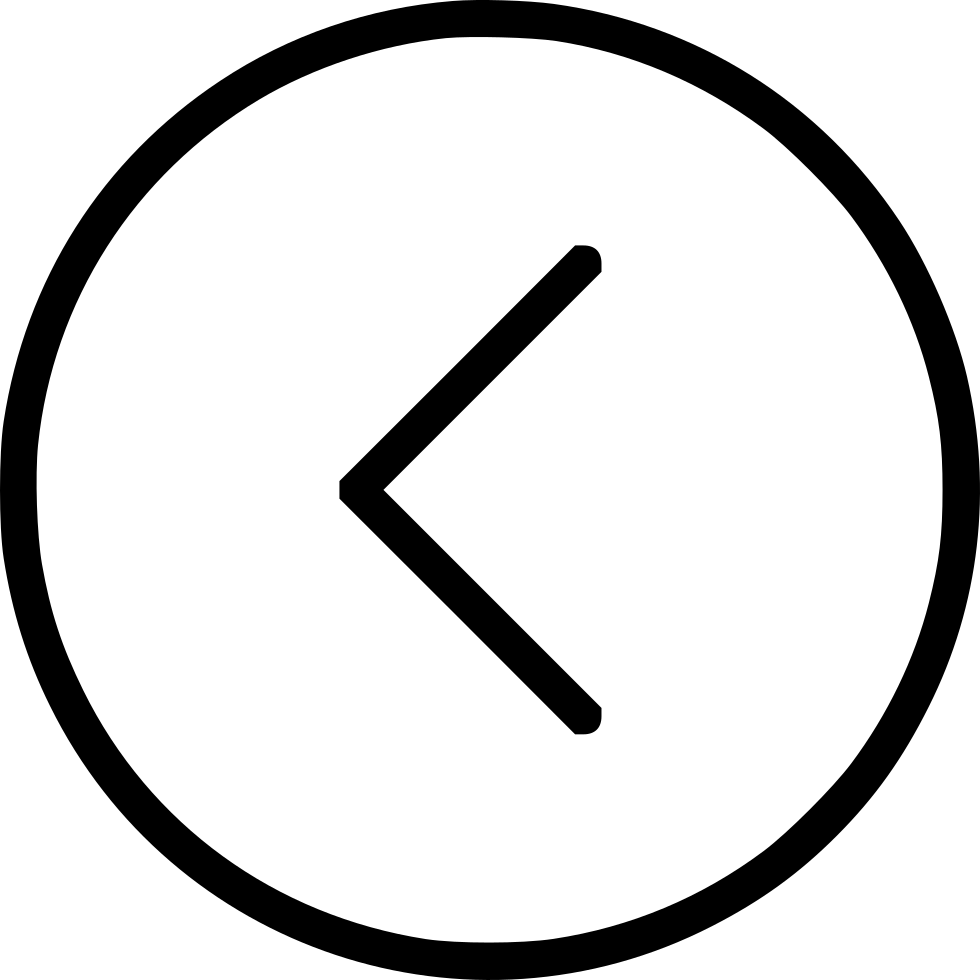How Venezuela's Authoritarian Regime Clings to Power
Venezuela's authoritarian regime under Nicolás Maduro has retained power despite widespread allegations of electoral fraud and strong international criticism.
Nearly a month after the Venezuelan elections took place on 28 July, the world is still waiting to see if Nicolas Maduro, the country's autocratic leader, will succeed in clinging to power. The government of Maduro claims they won 51% of the vote, while the opposition coalition claims they won more than 67%. Most international observers, including those sent by the UN and the Carter Center, decried these elections as fraudulent, calling them one of the most egregious in modern Latin American history. However, political scientist and author Steven Levitsky has called them "one of the worst election frauds in Latin America." We should not view this situation only through the lens of democracy, but rather consider how autocracies can end.
Political scientist and author Steven Levitsky, the author of 'How Democracies Die,' has called these elections "one of the most egregious electoral frauds in modern Latin American history." History has taught us that autocrats leave power due to a combination of factors. According to Erica Frantz, an academic who mapped authoritarian regimes from 1946 to 2014, autocrats are generally ousted in seven different ways: a coup, election, popular uprising, insurgency, rule change that alters the composition of the ruling group, foreign power's imposition, state dissolution. Nearly 80% of the 239 authoritarian regimes left power between 1946 and 2014 due to coup or election or popular uprising. It would be worthwhile to examine whether any of these modes of exit could apply to Venezuela today.
First, there was a military coup. Currently, this remains highly unlikely in Venezuela. The Venezuelan armed forces have been unequivocal in their support for Maduro. Since the election on 28 July, the defence minister of Venezuela, Vladimir Padrino López, a four-star general serving, has been steadfast in protecting Maduro. He even went as far as calling the opposition 'fascists' and claiming that they were trying to oust Maduro via a coup d’état. The reason for the military's support is simple: Maduro handed over control of the country's most important natural resources and several ministries to the military. Over the past decade, nearly one-third of government ministries in Venezuela were run by active military officials, including areas such as energy and agriculture.. Maduro also has at his disposal a vast amount of finances through the National Development Fund (Fondo de Desarrollo Nacional, in Spanish, or simply FONDEN), which he can funnel to the military without any oversight from other agencies. The second most common mode of exit for authoritarian regimes is through elections. If the July elections are any indication, Maduro is unlikely to relinquish power through this avenue. He has gone to great lengths to justify his electoral victory, including some outrageous claims such as Elon Musk orchestrating a computer ‘hacking’ that targeted the National Electoral Council's website and data. In response to the opposition's claims of victory in the elections, he publicly denounced them as fascists and reactivated a brutal crackdown on protestors and all forms of dissent, which he aptly referred to as Operation 'Tun Tun', denoting the sound made by security forces knocking on doors to detain anyone opposing the regime.
The opposition in Venezuela is made up of aspiring politicians who want to compete in elections and govern. They are not rogue leaders who would attempt to overthrow Maduro, although some may be jailed by the government. A popular uprising seems unlikely due to Maduro's strong ties with the armed forces and the military's repression of protests.
Perhaps the only other parameter that might be relevant to the current situation in Venezuela is the regime's interoperability with foreign powers. The United States has been candid about its dislike for the Venezuelan regime, offering a reward of $15 million US for information leading to Maduro's arrest. However, US pressure is balanced by China's and Russia's support for Maduro. China has lent Venezuela over $50 billion in loans, most of which is paid back in oil-for-loan deals. Russia currently supplies large amounts of military equipment and arms to Venezuela. It is not surprising that China and Russia both congratulated Maduro on his 're-election' shortly after the July elections.
Another critical element would be the consequences that Maduro and his inner circle would face in the event of a regime change. Would Maduro and his entourage receive asylum in another country and be granted amnesty for prosecution, or would they be arrested and potentially extradited to the United States to face criminal charges? If the latter is the case, it is hard to imagine them willingly relinquishing power just to spend the rest of their lives in prison.
At present, it seems unlikely that any of these factors will change significantly enough to alter the status quo in the near or medium term. Since 2013, when he came to power, Maduro has learned from other failed authoritarian leaders, engaging in what Frantz calls 'coup-proofing.'
Hari Seshasayee is a co-founder of Consilium Group and a Visiting Fellow at Observer Research Foundation.
Political scientist and author Steven Levitsky, the author of 'How Democracies Die,' has called these elections "one of the most egregious electoral frauds in modern Latin American history." History has taught us that autocrats leave power due to a combination of factors. According to Erica Frantz, an academic who mapped authoritarian regimes from 1946 to 2014, autocrats are generally ousted in seven different ways: a coup, election, popular uprising, insurgency, rule change that alters the composition of the ruling group, foreign power's imposition, state dissolution. Nearly 80% of the 239 authoritarian regimes left power between 1946 and 2014 due to coup or election or popular uprising. It would be worthwhile to examine whether any of these modes of exit could apply to Venezuela today.
First, there was a military coup. Currently, this remains highly unlikely in Venezuela. The Venezuelan armed forces have been unequivocal in their support for Maduro. Since the election on 28 July, the defence minister of Venezuela, Vladimir Padrino López, a four-star general serving, has been steadfast in protecting Maduro. He even went as far as calling the opposition 'fascists' and claiming that they were trying to oust Maduro via a coup d’état. The reason for the military's support is simple: Maduro handed over control of the country's most important natural resources and several ministries to the military. Over the past decade, nearly one-third of government ministries in Venezuela were run by active military officials, including areas such as energy and agriculture.. Maduro also has at his disposal a vast amount of finances through the National Development Fund (Fondo de Desarrollo Nacional, in Spanish, or simply FONDEN), which he can funnel to the military without any oversight from other agencies. The second most common mode of exit for authoritarian regimes is through elections. If the July elections are any indication, Maduro is unlikely to relinquish power through this avenue. He has gone to great lengths to justify his electoral victory, including some outrageous claims such as Elon Musk orchestrating a computer ‘hacking’ that targeted the National Electoral Council's website and data. In response to the opposition's claims of victory in the elections, he publicly denounced them as fascists and reactivated a brutal crackdown on protestors and all forms of dissent, which he aptly referred to as Operation 'Tun Tun', denoting the sound made by security forces knocking on doors to detain anyone opposing the regime.
The opposition in Venezuela is made up of aspiring politicians who want to compete in elections and govern. They are not rogue leaders who would attempt to overthrow Maduro, although some may be jailed by the government. A popular uprising seems unlikely due to Maduro's strong ties with the armed forces and the military's repression of protests.
Perhaps the only other parameter that might be relevant to the current situation in Venezuela is the regime's interoperability with foreign powers. The United States has been candid about its dislike for the Venezuelan regime, offering a reward of $15 million US for information leading to Maduro's arrest. However, US pressure is balanced by China's and Russia's support for Maduro. China has lent Venezuela over $50 billion in loans, most of which is paid back in oil-for-loan deals. Russia currently supplies large amounts of military equipment and arms to Venezuela. It is not surprising that China and Russia both congratulated Maduro on his 're-election' shortly after the July elections.
Another critical element would be the consequences that Maduro and his inner circle would face in the event of a regime change. Would Maduro and his entourage receive asylum in another country and be granted amnesty for prosecution, or would they be arrested and potentially extradited to the United States to face criminal charges? If the latter is the case, it is hard to imagine them willingly relinquishing power just to spend the rest of their lives in prison.
At present, it seems unlikely that any of these factors will change significantly enough to alter the status quo in the near or medium term. Since 2013, when he came to power, Maduro has learned from other failed authoritarian leaders, engaging in what Frantz calls 'coup-proofing.'
Hari Seshasayee is a co-founder of Consilium Group and a Visiting Fellow at Observer Research Foundation.
You May Also Interested

